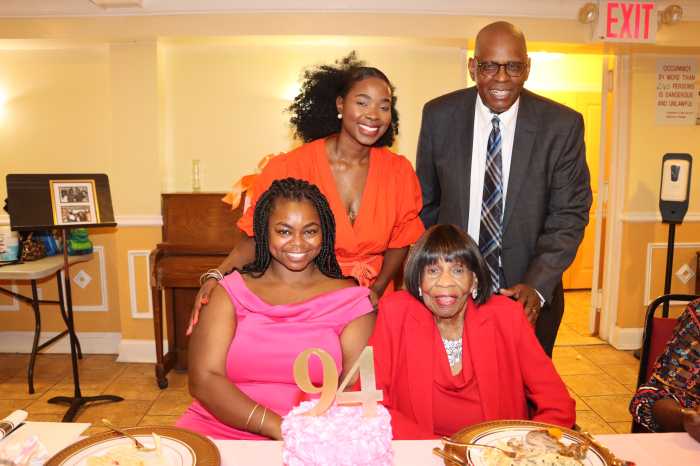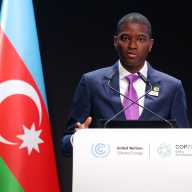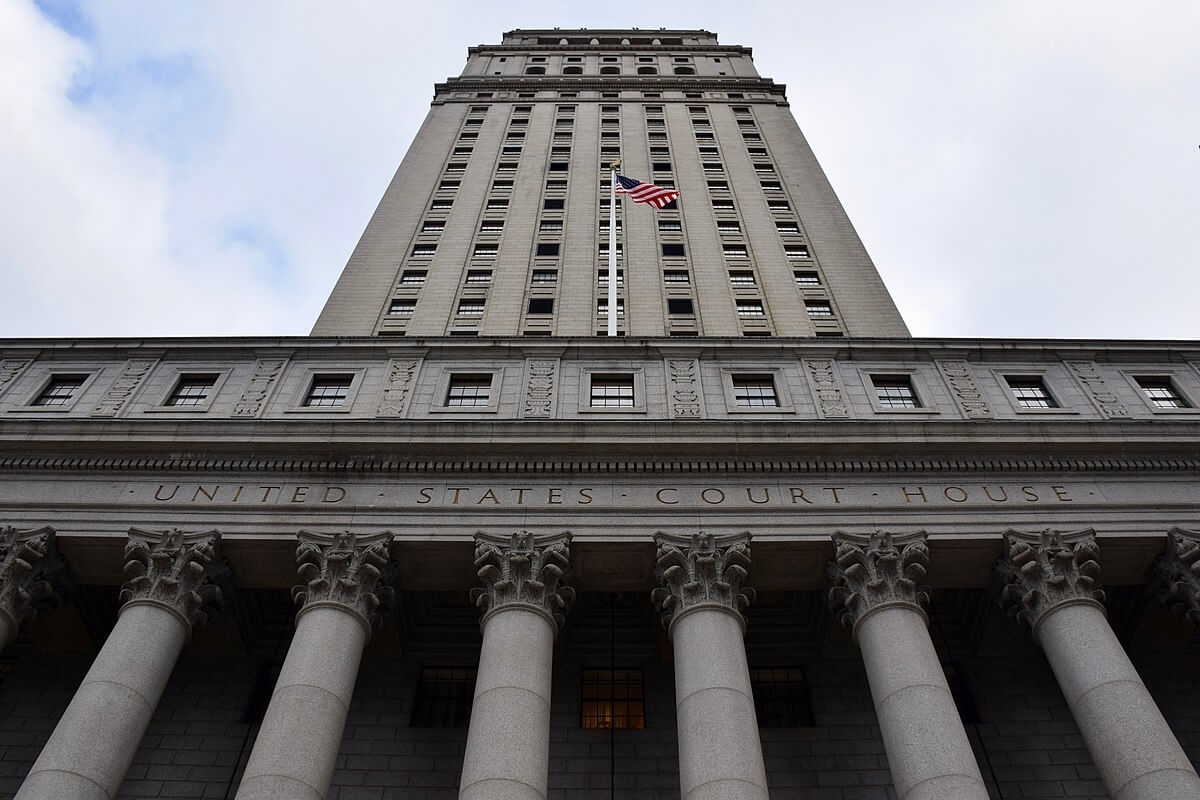Three persevering women are bound to make history as the first from the African continent to compete in the challenging and icy Winter Olympics in Pyeochang, South Korea.
Already immersed in training for the 2018 competitions, Nigerian bobsled driver Seun Adigun and brake-women Ngozi Onwumere and Akuoma Omeoga are determined to deliver glory to one of the hottest place on earth by qualifying in the bobsled category.
In fact, if the trio prevails, Hollywood might green-light a sequel to the film “Cool Runnings” which showcased Jamaica’s 1988 debut in Calgary, Canada.
That Jamaicans already paved the way as the first from the hot climate in the Caribbean to compete despite the fact snow and ice eludes the region, the African trio are even more confident of success because unlike their predecessors they have an edge.
They are all athletes and are familiar with Olympic runnings.
Adigun and Onwumere competed in track and field for the University of Houston and Omeoga was an athlete with the University of Minnesota.
Adigun, an Olympian and chiropractic doctoral candidate became interested in bobsled after she competed in the 2012 Summer Games in London and saw some of her teammates make the switch to the winter sport.
“I’ve been used to the sprinting part and the getting strong part, but the whole idea of going 80 miles an hour down an ice mountain is definitely something that’s new!” Adigun said.
She has been training as a driver in Whistler, B.C., and in Park City, Utah, but admitted that the most difficult hurdle was getting used to the motion sickness that came with the sport.
“I love roller coasters, but this is like a roller coaster times a thousand! It’s quite the ride,” she said. “But once I got over that, it was like, ‘O.K., I can do this.’”
While training and competing as a brake-woman with the American bobsled team last year, Adigun learned that the sport could benefit from having more female teams.
She recruited Onwumere and Omeoga — who she met through track and field — and persuaded them to join her in creating the bobsled team.
She requested a release from the American team in order to develop the Nigerian program – a choice she said that was difficult to make.
“Starting the Nigerian Women’s Bobsled team was not an easy decision, but I know it will be one of the most impactful things I will ever initiate.”
The trio believes the biggest challenge now is getting people on board with them and understanding the mission.
“I realized that the entire continent had never been represented at the Olympic games. From my understanding, never in the history has there been a federation for bobsled for any country in Africa. The International Bobsled and Skeleton Federation (IBSF) were looking to expand on the continent because it’s one of the last that needed to be represented for them to get the opportunity to expand the sport.
“My conscience just wouldn’t let me breathe knowing that all of these things that were so much bigger than me were available to actually do and help impact, really, what could be millions of people,” Adigun said.
“We’re not just talking about the federation and the sport of bobsled, but we’re talking about the entire continent of Africa and being able to empower those individuals into something they may not have ever considered.”
The Nigerian Olympic Committee is literally rallying behind us — the government, the people of Nigeria. People don’t know what it is but they’re still excited. The challenge is for us having to pioneer something.
“The fate of Nigeria’s eligibility to be represented in the 2018 Winter Olympics rests exclusively on my ability to qualify as a competent driver,” Adigun explained.
The biggest challenge we have is starting a new federation for an entire continent. It’s just that it’s all new for everyone and the great thing about it is we have our country behind us.
“That challenge, although a true reality, is not handicapping us. It’s something that we’re collectively working together to achieve and utilizing the help of everyone else who is willing to be there with us and for us,” Adigun said.
“Since we can’t get practice time on ice, what we do is we just focus on strengthening,” Omeoga said. “So weightlifting and sprinting—since we all have that background — is something we already know how to do but it’s just another repetition; just getting it in when you can. Strength is the most important thing for this sport, so that’s what the focus has been thus far and also we have a push cart as well that Seun actually initially created which was a beast.
“She’s made us little engineers!” Onwumere said. “We literally took wood in her garage and just started building a pushcart.”
The driver said she feels confident in the team’s strategy of qualifying for the 2018 Winter Games. Nigeria is very supportive of their efforts and according to the trailblazing Nigerians, their goals are “very realistic.”
“It’s about trying to bring about a level of pride for everybody and expand on positive awareness for the country and the continent.”
Jamaicans had the loudest and last laugh in Calgary, Canada in 1988 when their unlikely team of bobsled competitors qualified during the winter Olympics. The most popular team to take to the icy, speed track the newcomers won raves, media attention, movie rights, publicity for their island and has since competed in numerous Olympiads.
Jamaica’s 2018 team comprise a team of 12 who are now in training in Calgary, the very same location their predecessors debuted and found fame with international sports fans.























